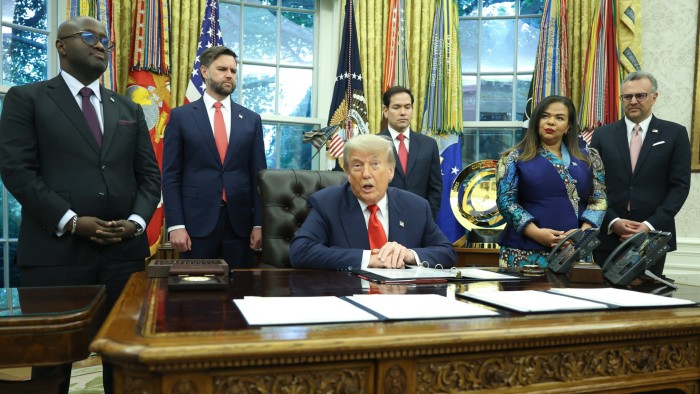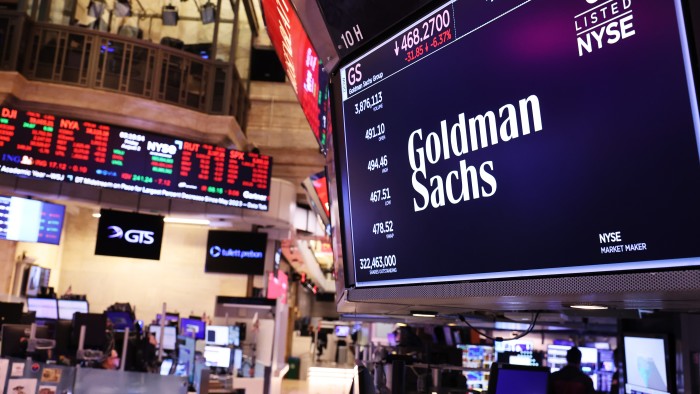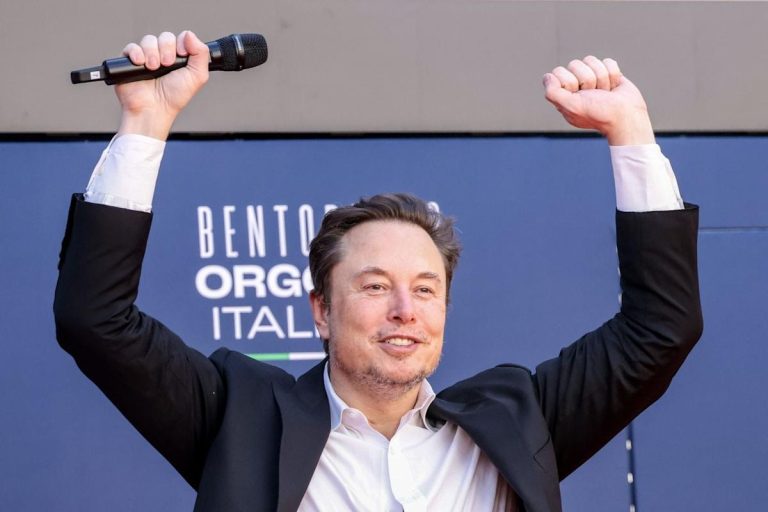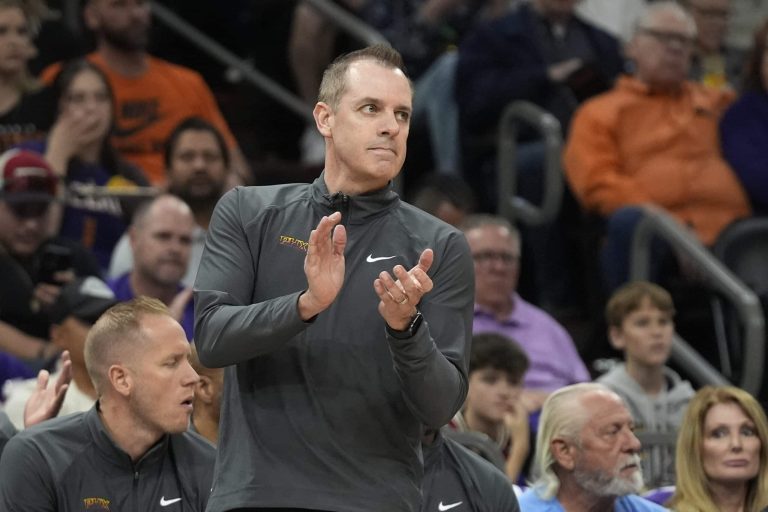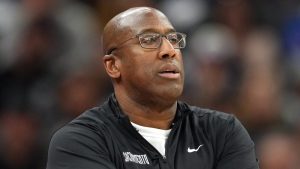Unlock the White House Watch newsletter for free
Your guide to what Trump’s second term means for Washington, business and the world
After decades of on-off brutal fighting in eastern Democratic Republic of Congo, the mineral-rich country’s foreign minister and her counterpart from neighbouring Rwanda last week signed a US-brokered peace accord. Donald Trump, whose assorted relatives and hangers-on helped mediate the deal, called it a “glorious triumph”. In an earlier post on Truth Social, linking the agreement with his undisguised desire for a Nobel Peace Prize, the president wrote: “This is a Great Day for Africa.”
There are good reasons to be wary of the type of transactional diplomacy favoured by Trump in his second term. It risks oversimplifying the complex issues that must usually be addressed to end knotty international wars and disputes. It also risks big conflicts of interest. The original minerals deal the Trump administration tried to foist on Ukraine earlier this year was extremely biased in favour of US commercial interests — the main reason it fell apart.
Auguries for the Congo deal appear somewhat more encouraging. Regional officials, used to relationship-based dealmaking, have so far given positive reviews to the treaty negotiated by Massad Boulos, the state department’s senior adviser for Africa and father-in-law of Trump’s daughter Tiffany.
As with the president’s so far unsuccessful efforts in Ukraine, the idea is to secure peace by giving US businesses a commercial stake in security. American companies would gain rights over critical minerals, such as coltan and lithium, that are important to the electronics industry. Gentry Beach, a college friend of Trump’s son Donald Jr and chair of investment firm America First Global, is for example leading a consortium negotiating rights for the Rubaya coltan mine, currently controlled by Rwanda-sponsored M23 rebels.
Under the outlines of a potential and still sketchy grand bargain, minerals excavated in DR Congo could eventually go to Rwanda for processing. That would replace an illicit trade in which minerals mined in eastern Congo, often under vile conditions, are shipped secretly to Rwanda where they are passed off as conflict-free.
There is some merit in trying to formalise a trade that has for so long been an underlying cause of war. If US companies gain access to mines in eastern Congo, that could give Washington a stake in keeping the peace. It would also serve US interests in wresting some control of central Africa’s critical minerals from China’s grip.
There are still good grounds for scepticism. An obvious omission is the absence of an agreement with M23, a Tutsi-led rebel force that has this year captured Goma and Bukavu, the capitals of two of eastern Congo’s most important provinces. Qatar is brokering separate talks with M23, but it is unclear whether the rebel group can be persuaded to relinquish control.
There are also dozens of smaller rebel groups fighting in eastern Congo. The region has been a fulcrum of violence since millions of people, mostly Hutus, fled Rwanda after the 1994 genocide in which at least 800,000 Tutsis and their Hutu sympathisers were killed. Rwanda’s Paul Kagame has justified his country’s continued, albeit covert, intervention in eastern Congo on the grounds that Hutus bent on genocide in Rwanda have been using the region as a base to plot their return. The Trump-brokered deal only partially addresses these fears and is unclear on the mechanisms essential to enforce peace.
Such reservations aside, US interest in peacemaking in the region is to be cautiously welcomed. Commercial involvement may be an irregular basis on which to press for lasting peace. The chances of failure are high. But after years of violence and frustration, perhaps it is time to give commerce a chance.
